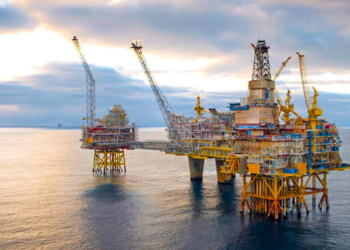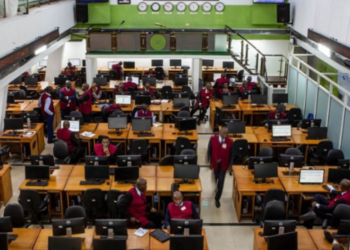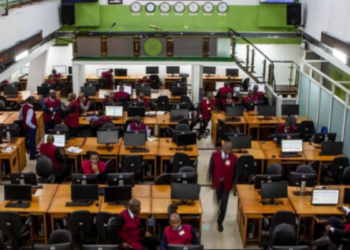Total Nigeria Plc released its 2016 half-year results showing pre-tax profits soared 199% to N12.9billion compared to the same period in 2015. Revenues also rose 30% year on year to N145billion.
This result by most counts is blistering and uniquely puts the Company as the dominant player in the downstream sector of the oil and gas business in Nigeria. Total recorded growth in both the Petroleum products and lubricant segments with both growing at 30% and 38% respectively.
Another remarkable highlight of this result was the increase in gross margins recorded in the period under review. At a gross margin of 15%, the company squeezed more profit from sales by about 50% when compared to the same period in 2015.
Despite this monster result, we still share some concerns about Total’s balance sheet. We observed that most of the profits was not adequately represented by cash. Out of the company’s cash balance of about N33b, N10b is owed to Banks and another N23b is owed to related parties. In addition to that, the Company also has a trade payable (owed to suppliers) of about N83 billion compared to the N37.8 billion that it is being owed by its customers. The implication of this is that despite the impressive profits the company may not be able to increase dividend payment in line with profitability increase. At some money it will have to stop relying entirely on OPM (Other people’s money) to fund operations. The economy is bad and suppliers know cash not hand is cash lost to galloping inflation.
The Company also declared interim dividends of about N3 per share payable in September 2016. At a current share price of N185, the N3 payment represents a half-year dividends yield of 1.6% or 3.2% when annualized. If we also add the current dividend of N3 to the N12 paid earlier in the year, the total of N15 gives us an implied dividend yield of 8%.
The share price is also at an earning multiple of 5.5x using 2015 earnings per share (N32). Total posted an earnings per share of N26 in the first half of 2016. Annualized that gives us an EPS of N52. Assuming its earning per share continues to grow at this trajectory then the price earnings multiple is even cheaper at 3.5x assuming based on an N185 share price.
These two analysis makes Total’s current share price undervalued in our opinion. At this phenomenal growth levels, Total should be trading at a multiple of at least 10x, which implies a price of about N520 assuming it post an EPS of N52 per share at the end of this year. If you consider that Mobil is currently trading at 9x EPS and Forte Oil at 36x EPS then it’s easy to see how achievable a N500+ valuation is. This places Total at a valuation of N169 billion compared to its current value of N61 billion.
It surely all boils down to whether it can maintain this growth trajectory and end up with at least N52 per share by the end of 2016. If it can achieve N26 in a first half of 2016 that saw Nigeria slide into a recession then it’s hard betting against the company.

![[Appointment] Total E&P Gets New DMD](https://nairametrics.com/wp-content/uploads/2015/08/total.jpg)















